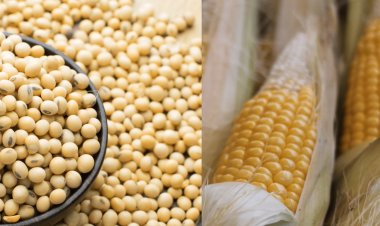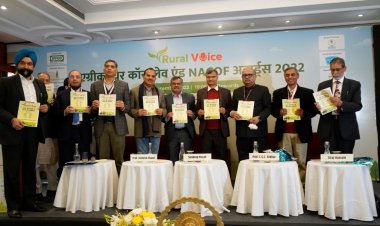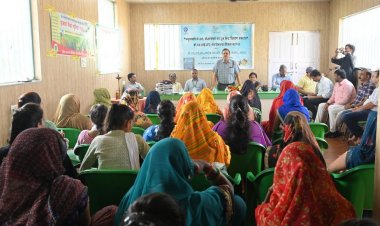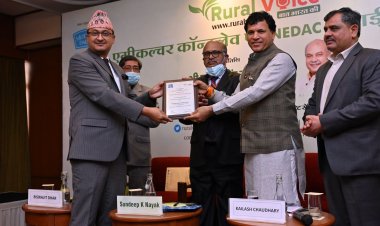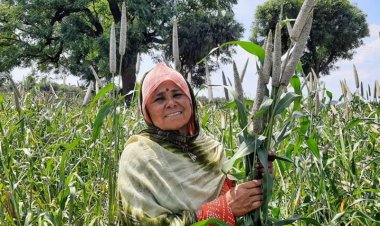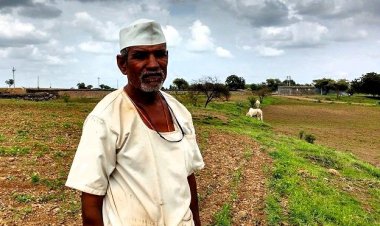Centre intervenes to check stubble burning problem
To support the efforts of the governments of Punjab, Haryana, Uttar Pradesh and NCT of Delhi to address air pollution and to subsidize the machinery required for the in situ management of crop residue, a Central Sector Scheme on ‘Promotion of Agricultural Mechanisation' is being implemented.
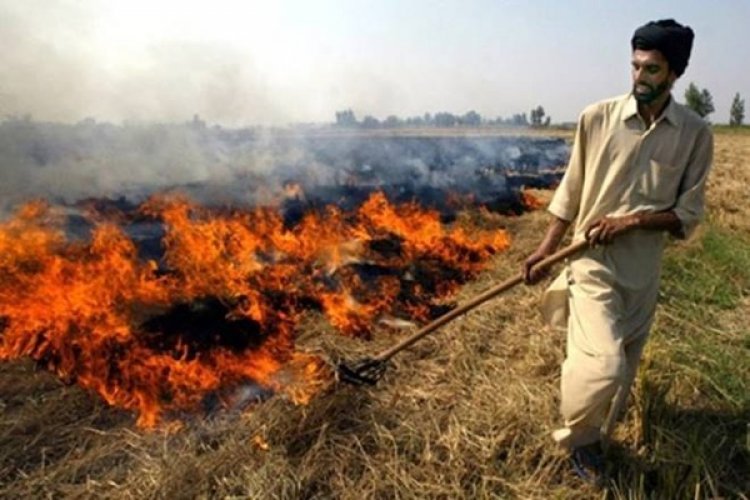
To support the efforts of the governments of Punjab, Haryana, Uttar Pradesh and NCT of Delhi to address air pollution and to subsidize the machinery required for the in situ management of crop residue, a Central Sector Scheme on ‘Promotion of Agricultural Mechanisation' is being implemented.
Under this scheme, financial assistance at 50 per cent of the cost of machinery is provided to the farmers for the purchase of crop residue management machinery and at 80 per cent of the project cost is provided to the Cooperative Societies of Farmers, Farmer Producer Organizations (FPOs) and Panchayats for the establishment of Custom Hiring Centres (CHCs) of crop residue management machinery.
During the period 2018-19 to 2022-23, funds totalling Rs 3,138.17 crore have been released for these states and more than 39,000 CHCs have been established and more than 2.30 lakh crop residue management machines have been supplied to these CHCs and individual farmers of these four states.
The Indian Council of Agricultural Research (ICAR) has developed Pusa bio-decomposer, a microbial consortium of fungal species (both in liquid and capsule forms) for rapid decomposition of paddy straw. The use of this consortium accelerates the process of paddy straw decomposition in the field itself.
In December 2022, the Department of Agriculture and Farmers Welfare constituted a committee to examine the issues of paddy straw collection, storage, densification and transport to various units utilizing paddy straw and to suggest solutions for establishing supply chains at appropriate locations.



 Join the RuralVoice whatsapp group
Join the RuralVoice whatsapp group

















